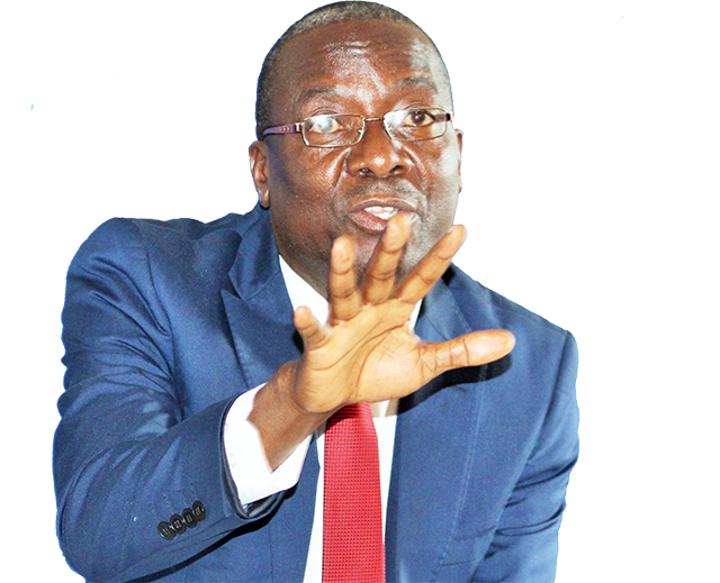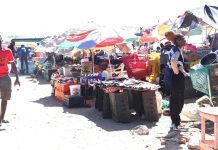Africa-Press – Namibia. OPPOSITION parties have accused the minister of urban and rural development, Erastus Uutoni, of expediting development in Swapo-led regions only.
Mariental local authority councillor Frences Gawases at a public meeting on Sunday claimed the ministry continues to block development initiatives at the town, and said this has become a trend across the Hardap and //Kharas regions.
Gawases said it appears that Uutoni has chosen a path of selective development. “This is detrimental and in total contradiction of the minister’s call for local authorities to spearhead development, land delivery, and service provision to residents,” Gawases said.
Uutoni last month during his official visit to Rundu said local authorities must “use their powers to deliver land”. Landless People’s Movement acting national spokesperson Eneas Emvula at the meeting said the claims by the minister that the power to deliver land rests with local authorities are false and in contradiction of the Local Authorities Act.
The act stipulates that the auhtority to approve both residential and industrial land within the areas of jurisdiction of local authorities are fully vested in the minister of urban and rural development.
“Unless this act was unknowingly repealed by the minister, his office, or the executive, the minister was either purposefully deceiving the residents of Rundu, or he is just ignorant of the provisions of the act,” Emvula said.
He said it would be ideal if certain provisions of the act could be repealed in favour of decentralisation and the empowerment of local authority councils.
“This would expedite land and delivery, which has experienced a bottleneck at many, if not all local authorities countrywide,” Emvula said.
Popular Democratic Movement secretary general Manuel Karigombe said the status quo over the years has been that constituencies and local authorities struggle to receive funding for development initiatives and the approval of land applications.
Karigombe said Swapo expedites development in Swapo-led areas and delays the implementation of projects at opposition party authorities. “We have decided as a party not to cry foul, and have resolved to find alternative ways to put pressure on the government to provide services for all Namibians equally and fairly, and to find alternative ways to service land,” he said.
Uutoni said the Ministry of Urban and Rural Development is governed by the act, which does not specify that political parties must receive services, but rather geographical areas inhabited by all Namibians.
Uutoni mentioned Windhoek, Okakarara, Karibib and Okahandja as examples of inclusive development where houses have been handed over. He said despite limited government resources, it still allocates funding to all regional and local authorities.
“These are things people are just talking and politicking with. With politics we will not develop this country. We are leaders and know we cannot fast-track some areas and block development in others,” Uutoni said.
He said the ministry has also been investing in the training of regional and local councillors in council governance, revenue generation, and legal compliance, among others.
For More News And Analysis About Namibia Follow Africa-Press






